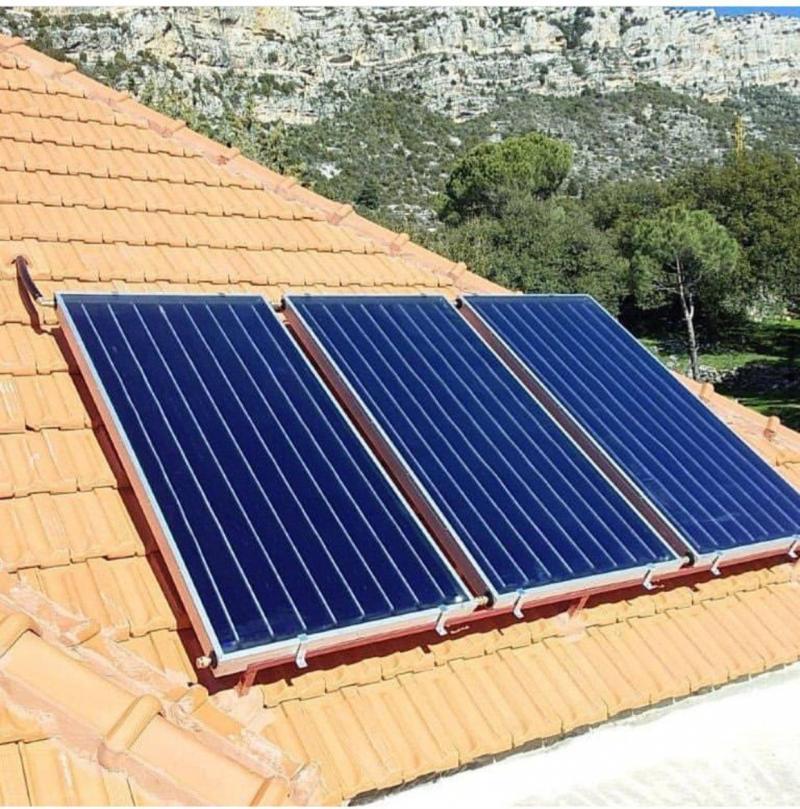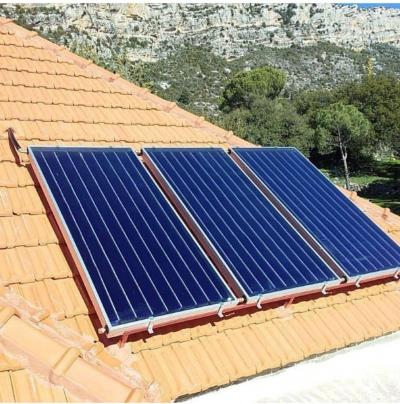Securing electricity is currently a major concern for people in Akkar. The availability of electricity for one or two hours is certainly insufficient, especially if fuel is available; otherwise, the region could be without electricity for consecutive weeks, as was the case recently before the arrival of the Turkish fuel ship. People find it hard to believe the promises from the government and the Ministry of Energy, as the state has never been truthful regarding electricity matters. All previous promises from Mikati’s government about importing electricity from Egypt and Jordan and improving electricity supply hours have gone unfulfilled, and another summer arrives with people lacking electricity, water, and basic necessities for life.
During a night gathering, inevitably without electricity in an Akkar village, discussions revolved around electricity. Attendees divided into two opinions: one group believed that the electricity crisis would soon be resolved, while the other felt that the crisis would persist for years, necessitating a solution. Omar asked, "What if we install solar energy and the electricity situation improves through Jordan? What will we do with solar energy then?" Khaled responded, "Energy from Jordan is available for only four hours a day; what will you do with the remaining hours?" Noor interjected, "Do you really believe this clown of a minister's promises? With such a minister and such a government, we'll never see electricity in our lifetime." After a round of back-and-forth and debate, everyone reached a firm conclusion that there are no quick solutions for electricity, at least in the foreseeable future, and alternatives must be found for people so they do not remain without life, as Ahmed pointed out. Omar concluded, "So, the only solution is to install solar energy. But where will we get the dollars?"
The conversation then shifted to ways to secure dollars to purchase solar energy equipment, which is priced in US currency. Installing solar energy for a residential unit, a commercial store, or a bore well with a 10-amp requirement costs over $3,000. The attendees discussed reports about solar energy loans of up to 500 million Lebanese pounds and touched on the elections, noting how some candidates had installed solar energy in certain electoral strongholds to secure votes.
Faced with the absolute need for an alternative, solar panels increasingly cover rooftops of homes, shops, and gas stations in Akkar. This trend is intensifying daily, especially with summer approaching and people's need to power refrigerators. They feel compelled to install them, as they have no hope for electricity to return to its former state. However, while pursuing electricity, people must find ways to secure the necessary amounts in dollars. They can be categorized into three groups: one group has secured funds from their work in election machines, another had saved a certain amount in dollars (a few thousand) since the beginning of the crisis and banking collapse, and a third group sells women's jewelry or even weapons they own or resorts to borrowing because electricity has become essential.
Everyone is scrambling for energy and installing panels and batteries according to their available dollars, stretching their capabilities as far as their financial situation allows. Meanwhile, solar energy has become the profession of everyone, with sales of its equipment booming, all while prices are rising and sold in fresh dollars. Although people realize that nothing can replace state electricity, securing energy to power refrigerators, lights, and some necessities, even at minimal levels, has become an urgent necessity that cannot be overlooked in this difficult situation.




